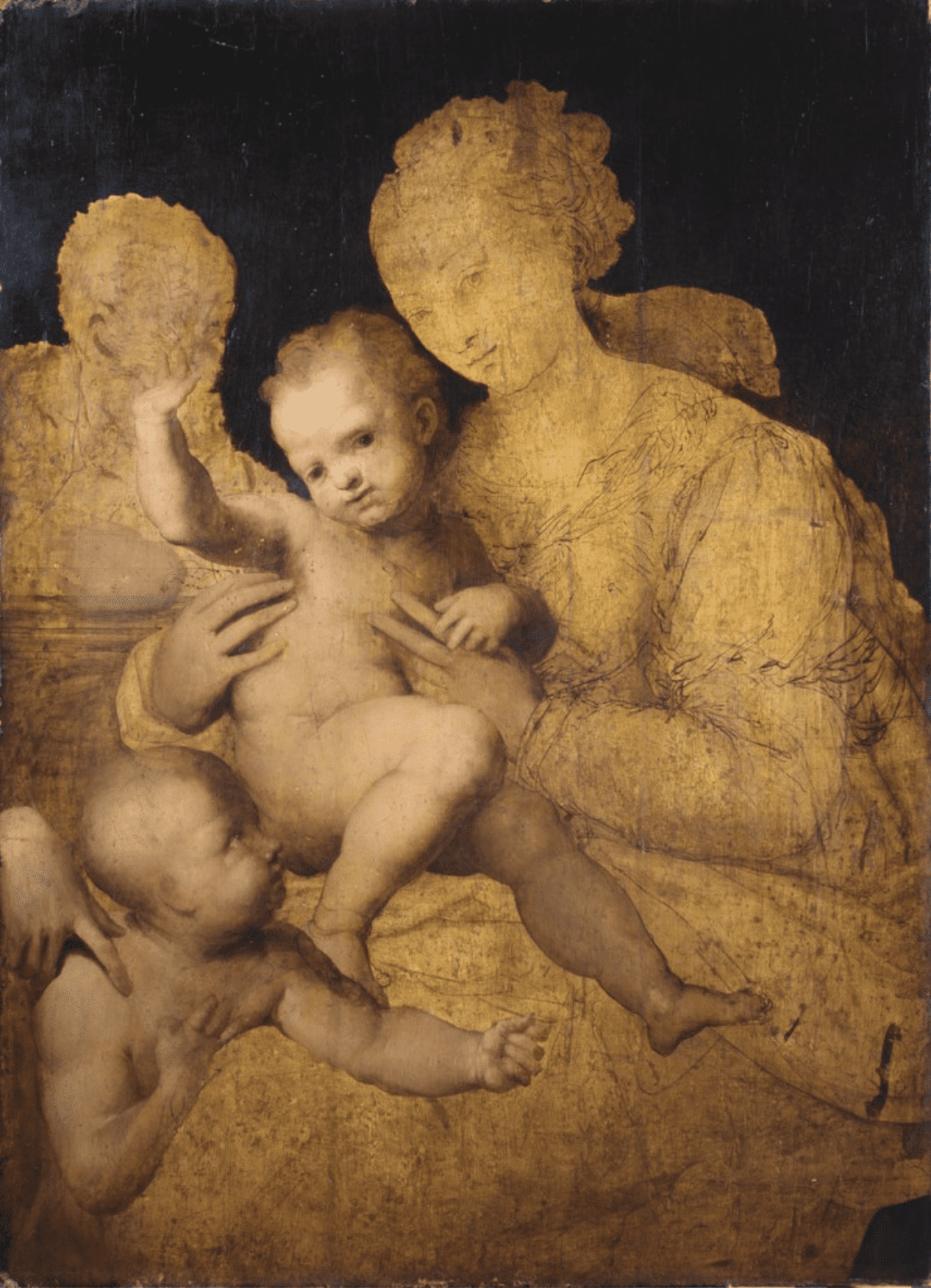
Conference: Finished? Early Modern Arts in the Imperfect Tense
Carolina Mangone, Art & Archaeology
October 27, 2023—October 28, 2023 · 010 East Pyne
Department of Art &Archaeology; Humanities Council; Program in Italian Studies, Committee on Renaissance and Early Modern Studies (CREMS)

“Imperfection” and “Renaissance” are antonyms. At least that is what Giorgio Vasari’s history of Italian artistic evolution (as with other early modern European writings on art, poetry, literature, music, and theatre) tries to convince us. His construction of perfection – in the sense of completeness and as an aesthetic ideal – as a defining attribute of the period renders incompleteness, at best, peripheral in consequence. At worst, the incomplete stands as perfection’s negative alter-ego, inherently deficient, breaking boundaries, and destabilizing artistic norms and their periodizing logic. Yet varieties of imperfection proliferated among the arts of early modernity, existing in tension with, simultaneous to, and even correlative of paradigms of perfection. The imperfect manifests in objects and texts left unfinished, whether intentionally or otherwise; in the fascination with witnessing, describing, and representing processes of production; in instances of extended collaboration across practitioners and time; in the mutability of printed books; in acts of retouching or alteration to finished objects; in works where the subject matter is left open and unresolved, or where form threatens to dissolve into formlessness; in the preservation and replication of preparatory work; in the elisions between architectural construction and ruination; and in the tension between figural making and unmaking, to name just a few. “Imperfection” perhaps is imbricated in “Renaissance” far more than Vasari, and we, acknowledge.
The goal of this conference is to explore the obstinate presence of things imperfect in the arts of the Renaissance, and to consider the implications of interpreting the period from the vantage of the unfinished, the open-ended, and the deferred. Arts in the imperfect tense are works that exist in a state of flux, their production ongoing, incomplete, continuous, or coincident with other actions. Their liminality allows for multiple possibilities to exist simultaneously. The various contributions will examine instances of the imperfect or its reception from c. 1400-1650 and that give insight into an array of wide-ranging questions: In what ways might imperfection be understood as generative or desirable, as constitutive of the age, even as it was the subject of significant anxiety and discomfort? What artistic boundaries – medial, visual, conceptual, temporal, and so on – are blurred by incompleteness, and what critical categories do such transgressions remake? Who or what determines when something is finished and by what terms? Can we speak of an aesthetics of imperfection, of categories of unfinishedness? What is(are) the semantic field(s) of imperfection in the arts? What possibilities for interactive participation and viewership are produced by unfinishedness? What social, political, religious or scientific concerns might have encouraged deferral of ends in the arts? The conference will also include talks that examine notions of unfinishedness as articulated in the long historiography of the arts of the Renaissance and of early modernity.















